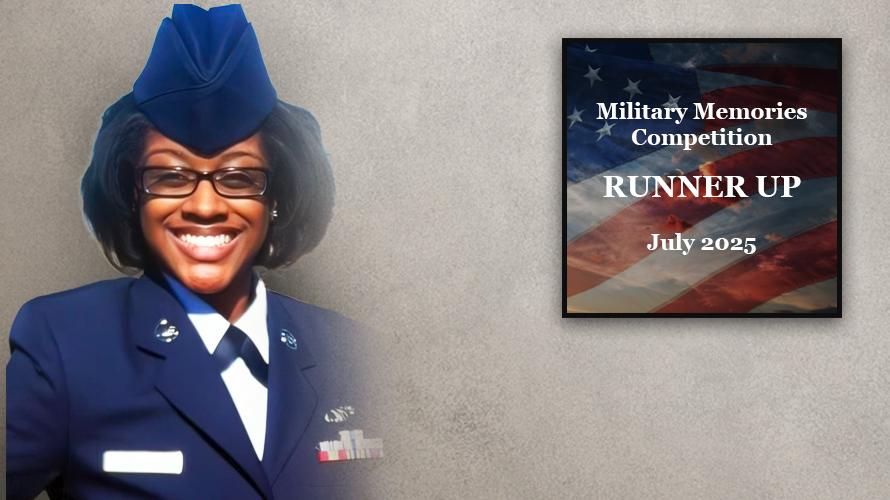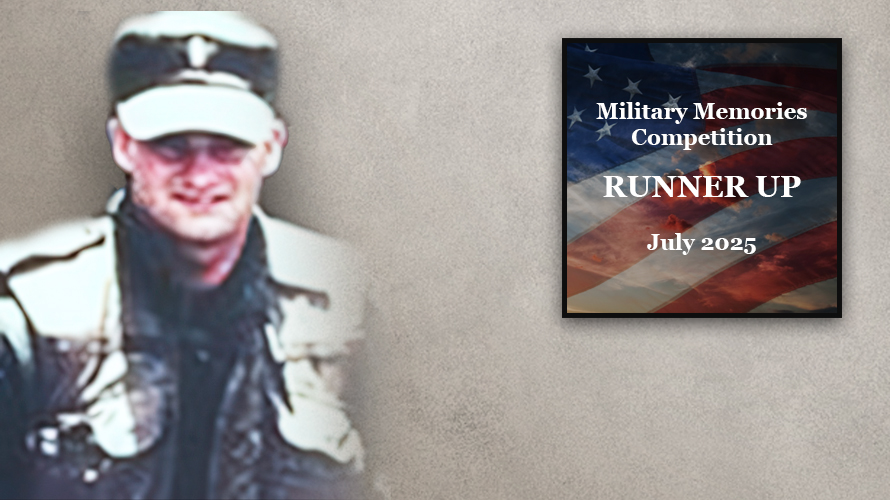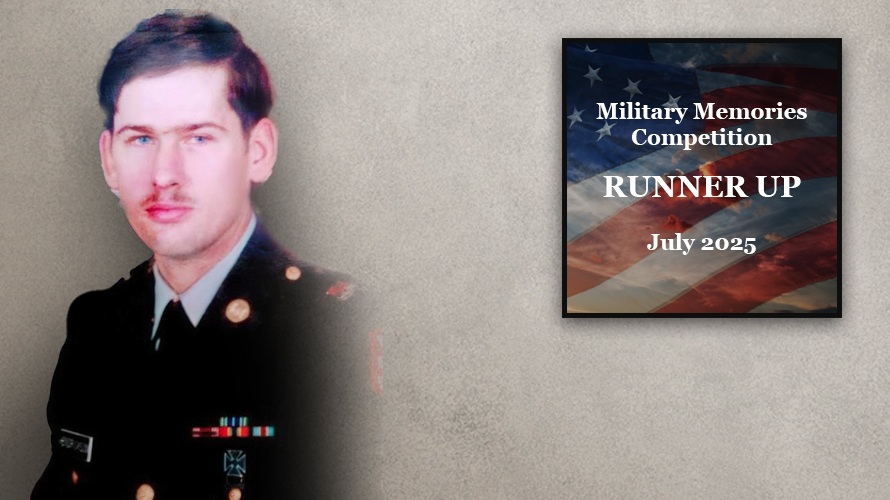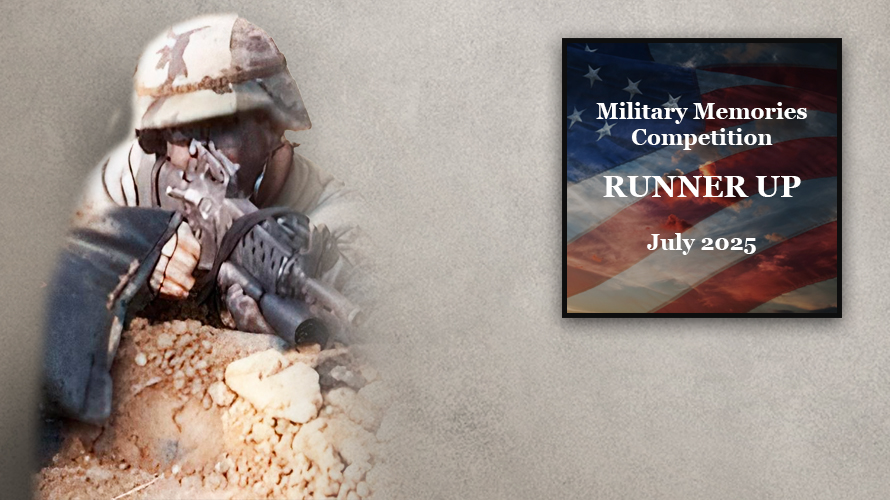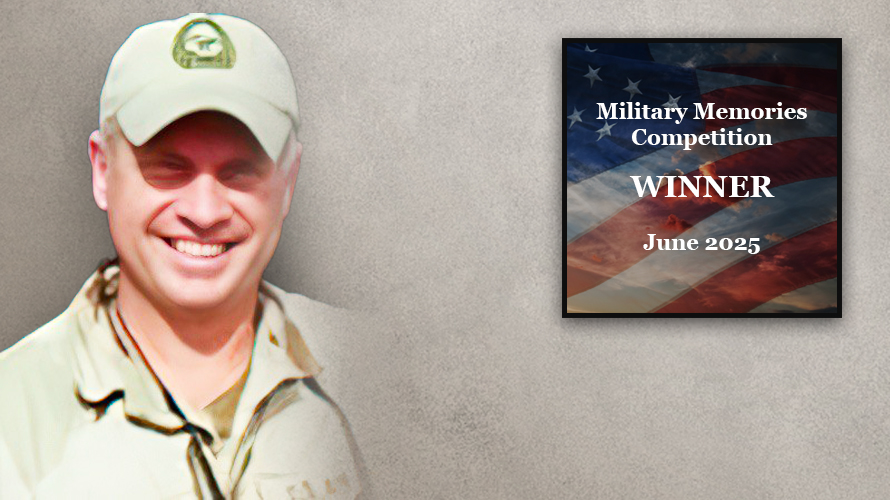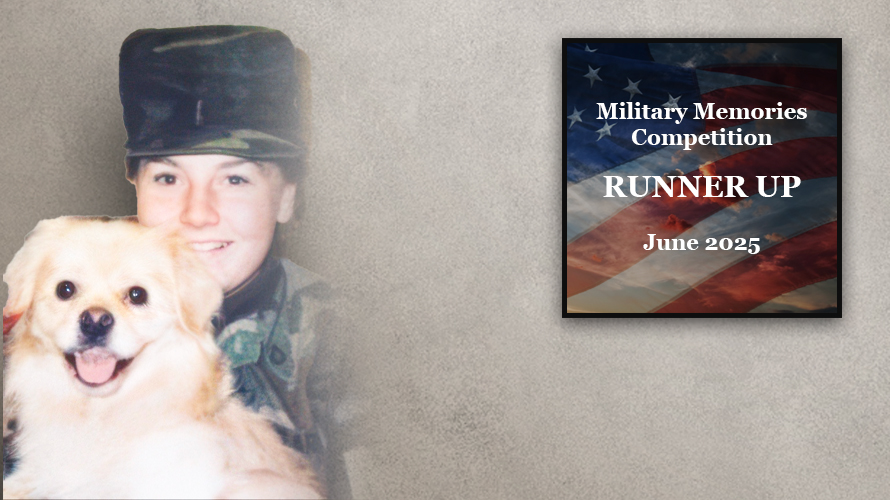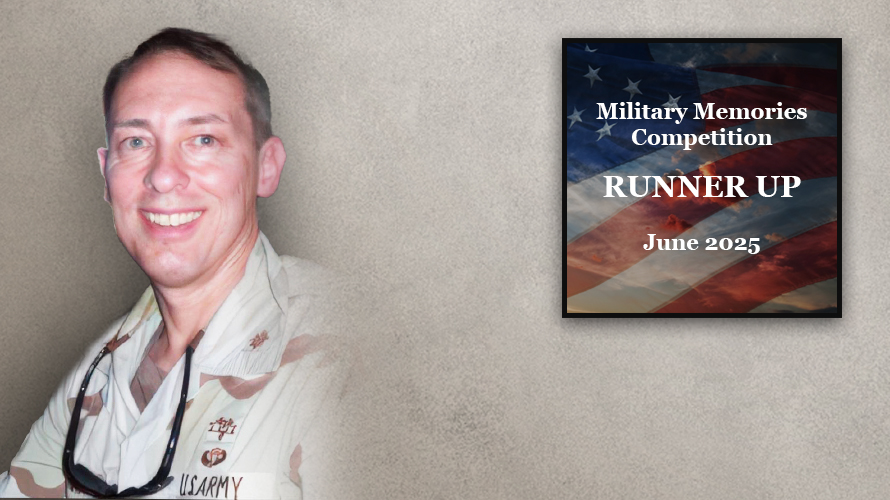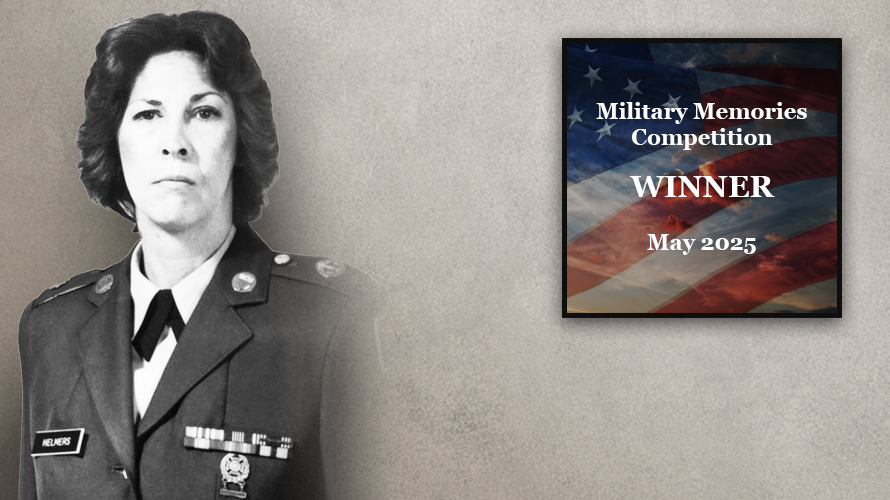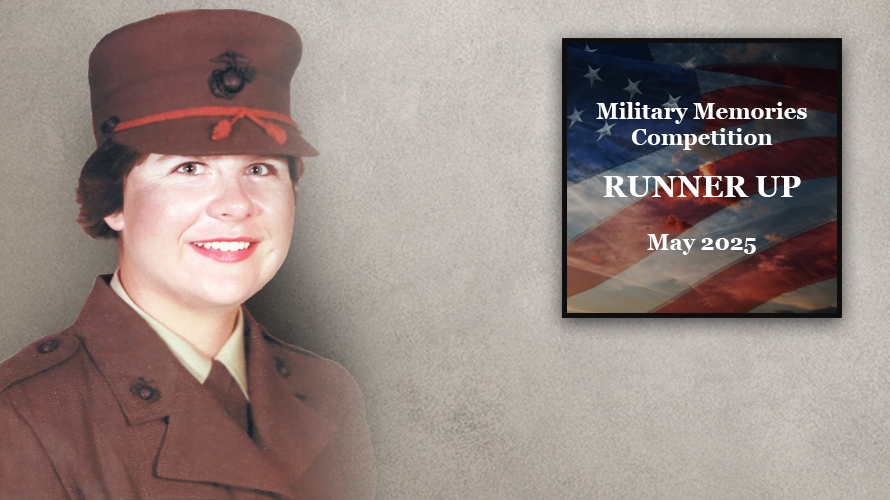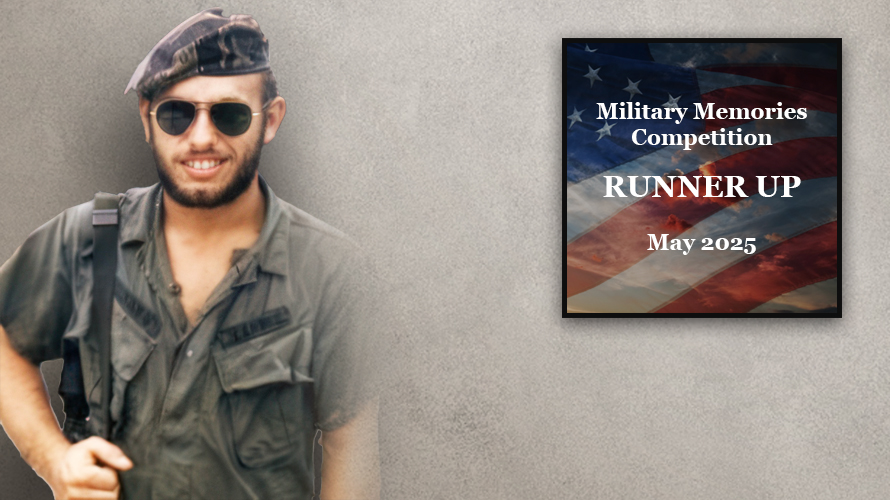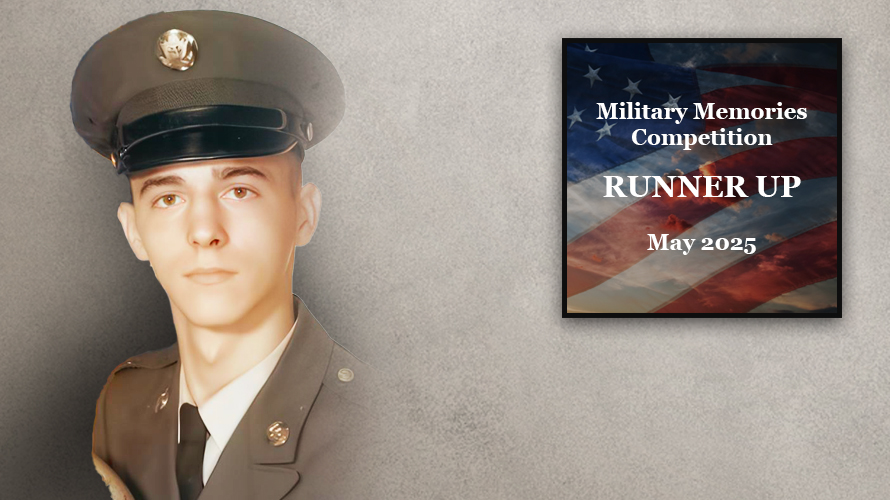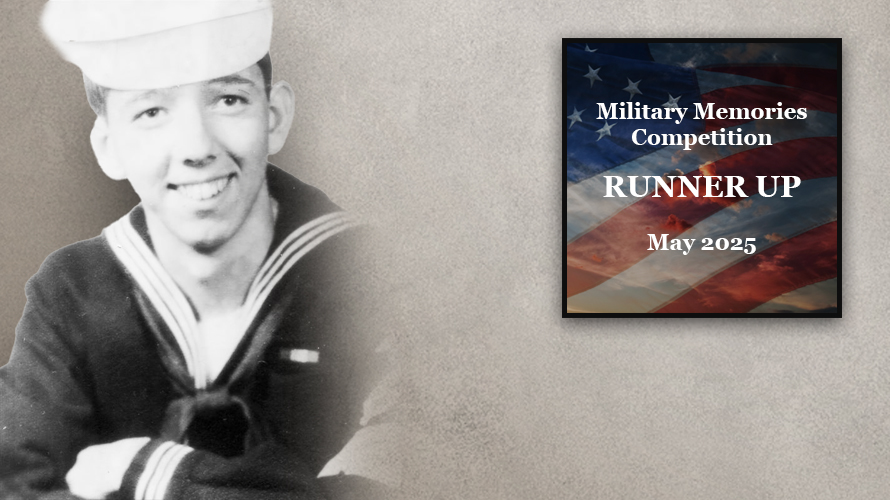Was There An Occasion, During Your Military Or Civilian Life, When Your Military Training Proved Invaluable In Overcoming A Difficult Situation?:
Yes, there was a defining moment during my civilian life when my military training became not just useful, but lifesaving. After separating from the military, I was driving on a remote highway late at night when I came upon a multi-car accident. Several people were injured, and it was clear that emergency services hadn’t yet arrived. The scene was chaotic, vehicles were smoking, people were in shock, and one car had flipped over with a driver trapped inside.
